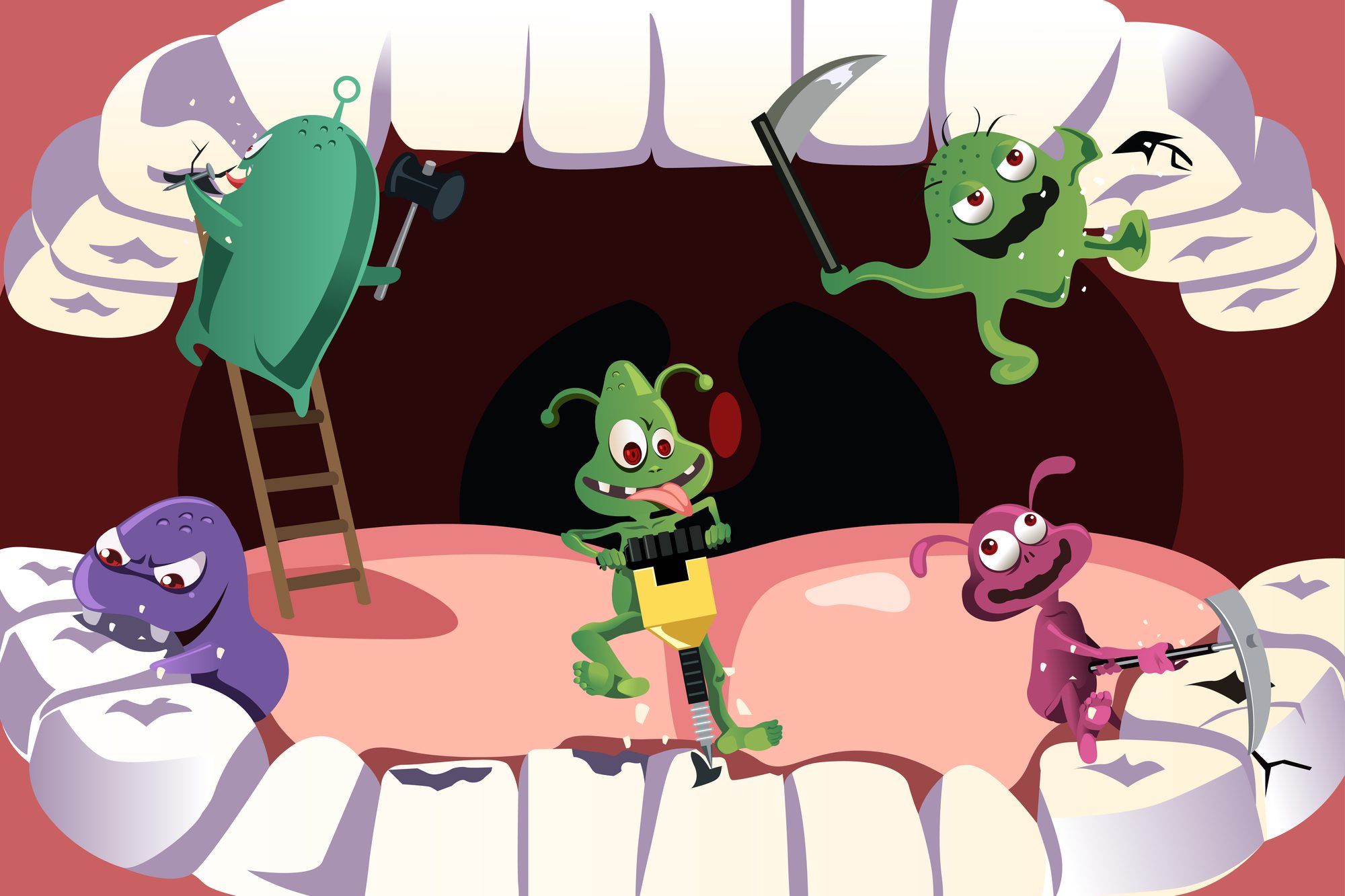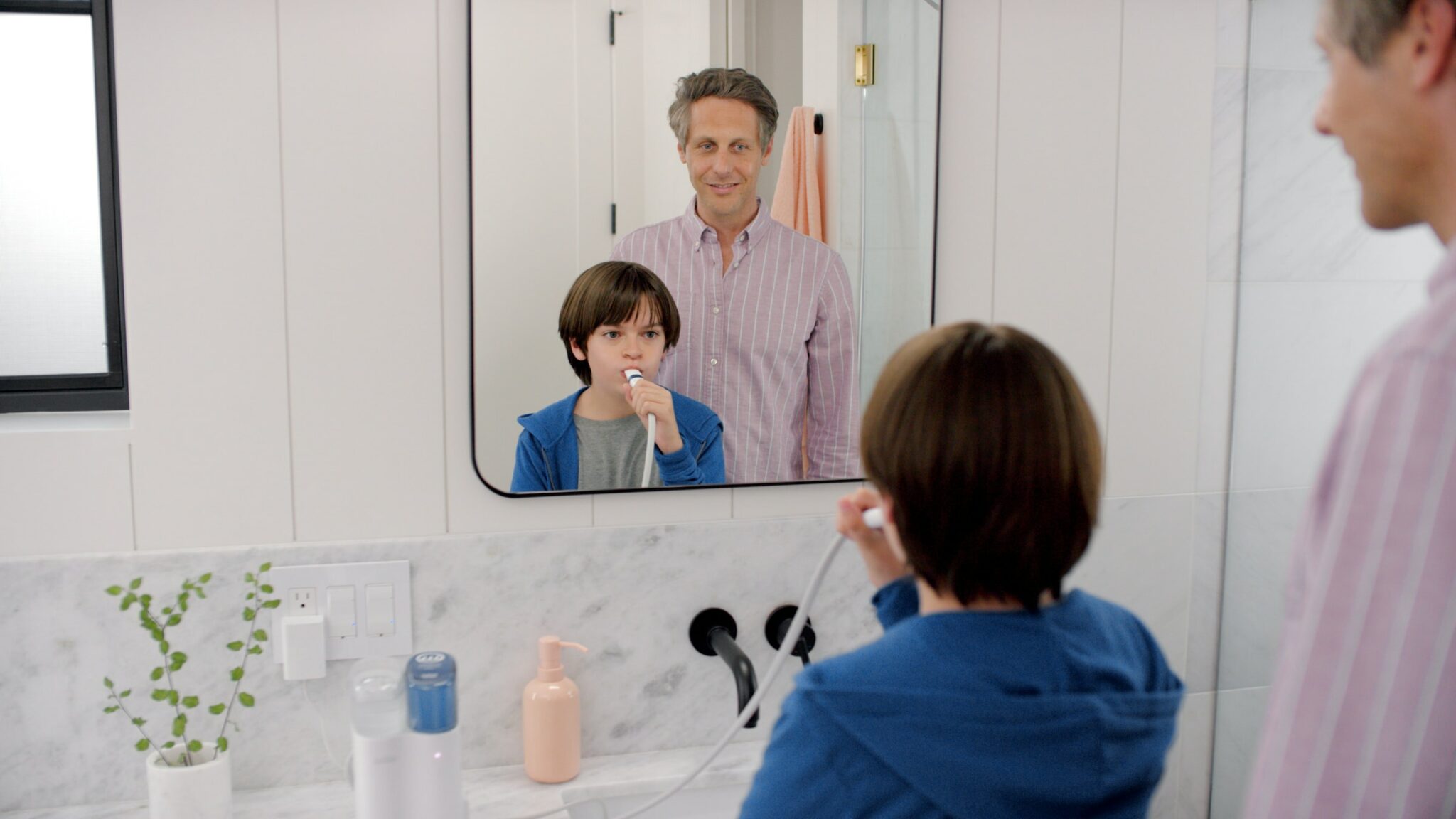Just when we think a subject is over our kids’ heads, they chime in with questions. That’s why it’s important to broach the subject of cavities from a young age. Introducing the topic of dental decay will motivate them to care for their teeth. And if they are already suffering from cavities, it’s important to know how to explain what is going on while simultaneously offering comfort.
At Smiles Dentistry for Kids in Overland Park, KS, our primary goal is the prevention of tooth decay and other problems. By offering routine care from a very young age, Dr. Matt and Dr. Craven want to help your children enjoy healthy smiles for life. But when issues do come up, we can provide comprehensive, child-centered care. Moreover, we know how to explain what is going on in a simple way that kids will find easy to understand.
Whether you are in need of a routine cleaning or restorative care, contact Smiles Dentistry for Kids.
Simplify the Science
It’s important to be upfront and honest with our children. So when you are explaining tooth decay, tell them what actually happens. Just use language and terminology that they can understand.
Try something like this:
Mouth germs love sugar. So when we eat lots of sugar, lots of mouth germs start to grow. Eventually, they will get so hungry that sugar won’t be enough. They’ll start eating your teeth, too! Little holes will appear, and your teeth could really start to hurt. These little holes are called cavities.
Stress the Importance of Dental Care
Let your kids know that when they brush or floss their teeth, or when they visit the dentist, it helps to fight the bad mouth germs so they don’t make cavities. You can also share with them that, though a little sugar is ok, too much sugar will make it harder and harder to fight the mouth germs.
Let Them Know They’re Not Alone
If your child does develop cavities, he or she may feel isolated or ashamed. Are they the only one with yucky mouth germs making holes in their teeth? Not at all! 52% of children aged 6 to 8 have had at least one baby tooth cavity. And 57% of those aged 12 to 19 have sustained decay in at least one permanent tooth.
Help Them Overcome Fear
If your child has a cavity, it’s important to prepare them for their upcoming treatment. In most cases, your dentist will recommend a filling. You can tell your child what to expect, letting them know that the dentist will use a special material to fill in the hole in their tooth. Their tooth will be numb, so they shouldn’t feel anything, and afterwards the tooth should be as good as new.
You could also try reading books about the dentist. If your child is particularly anxious, consider bringing them to the office ahead of time. We can show them where their treatment will take place and help them understand a little bit more about what will happen.
Contact Us to Prevent or Treat Kids’ Cavities
For more information about kids’ dental health or to schedule an appointment, contact Smiles Dentistry for Kids.
Reach out via our website or call 913-685-9990.









